UN experts warn of 'structural, institutional, systemic' racism across UK
An independent team of United Nations human rights experts has found racism in the United Kingdom to be systemic and eroding the rights of people of color.
Racism in the UK is “structural, institutional and systemic”, the UN human rights experts said on Friday, warning that Black people in the country continue to encounter discrimination and erosion of their fundamental rights.
“We have serious concerns about impunity and the failure to address racial disparities in the criminal justice system, deaths in police custody, ‘joint enterprise’ convictions, and the dehumanizing nature”, of the so-called ‘stop and search’ policing strategy, the UN Working Group of Experts on People of African Descent said in a statement at the end of a landmark tour of the country.
The UN Human Rights Council-appointed experts said during their official visit they had gathered evidence of the all-too-real trauma felt by Black people, who were suffering racial discrimination and injustice.
The experts noted that a decade of economic austerity measures in the UK following the global crash of 2007-8, had worsened the living conditions with racism and other discriminatory issues that people of African descent encounter.
“From the perspective of people of African descent, racism in the UK is structural, institutional and systemic,” the experts determined.
“Racialized acts targeting people of African descent have remained steadfast, and the experience is similar across different parts of the UK,” the experts said. “They are victimized and have no assurance of effective redress from authorities or the justice system”.
The Working Group encouraged all stakeholders including the UK government, to do more to ensure the rehabilitation, restoration, and reconciliation of the victims.
“Streamlining accessible, independent and effective complaint mechanisms to address racism, ensuring police accountability, fair trial guarantees for all persons, and redress to all persons affected by the Windrush scandal, are imperative”, said Catherine Namakula, Chair of the Working Group.
“Austerity to the peril of fundamental rights is a costly undertaking for the UK,” she said.
The Windrush scandal erupted more than five years ago involving those born in the Caribbean who were brought to the UK as children, being asked by the UK Home Office, despite living in the country for several decades, to prove their status as citizens, some having never been formally naturalized, or having never applied for a passport.
Dozens were deported or told they would be removed from the UK, despite being legal British subjects in their country of origin, and hundreds suffered hardships, threats, and other deprivations of their rights, leading to the resignation of Amber Rudd, the then Home Secretary, in 2018.
The Working Group visited London, Birmingham, Manchester and Bristol in the course of their official visit.
The experts will present a report with their findings and recommendations to the UN Human Rights Council in September this year.
The Working Group was established in 2002, following the World Conference against Racism, held in Durban, South Africa the previous year.
The five members of the Working Group of Experts on People of African Descent include Namakula from Uganda, who is the current Chairperson (Rapporteur), Vice-Chairperson Barbara Reynolds from Guyana, US-born Dominique Day, Hungarian Miriam Ekiudoko, and Sushil Raj from India.
These experts are not UN staff and are independent from any government or organization. They do not receive a salary for their work.
Iran strongly alarms UN about dire consequences for perpetrators following Leader's martyrdom
Hezbollah strikes occupied Haifa in retaliation for Leader's assassination
Ansarullah mourns Leader's martyrdom as 'great loss' caused by 'most wretched terrorists'
Hezbollah offers condolences to Iranian nation over Leader’s martyrdom
US-Israeli strike targets IRIB facility; broadcasts continue
IRGC: Latest waves of Op. True Promise 4 led to tanker strikes, base shutdowns, heavy casualties
CENTCOM confirms US troops killed in Iran’s retaliatory strikes
China ‘strongly condemns’ US-Israeli assassination of Iran’s Leader


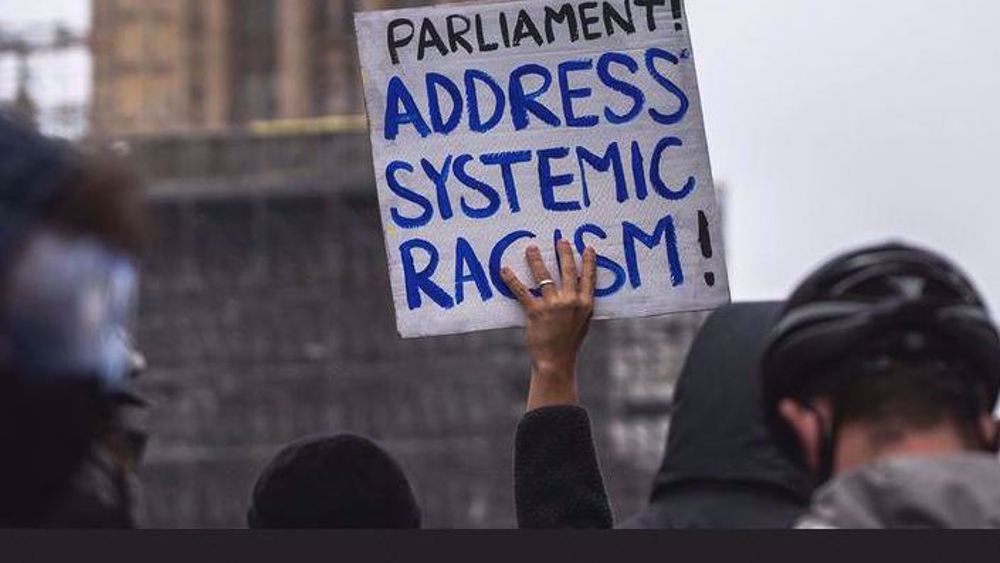
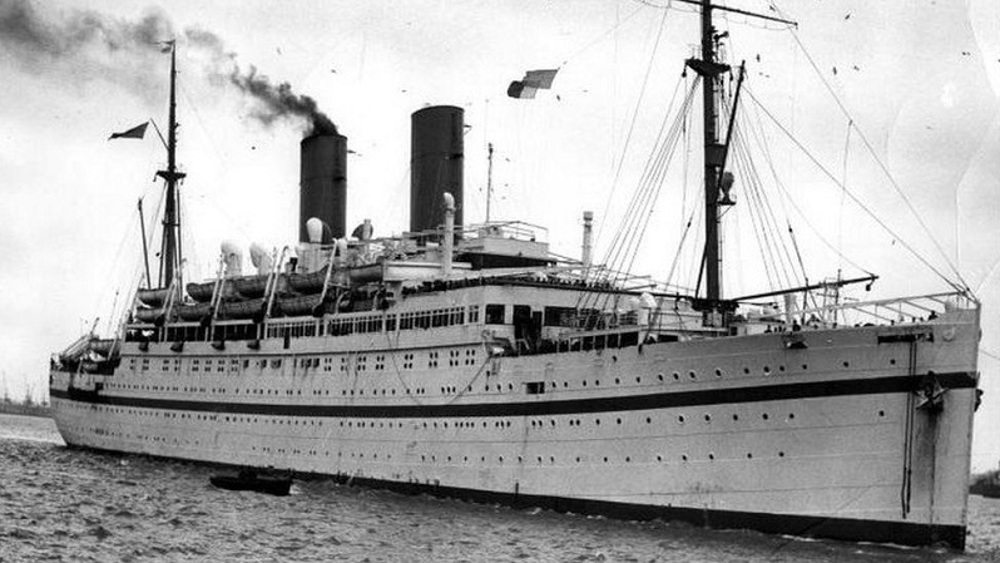

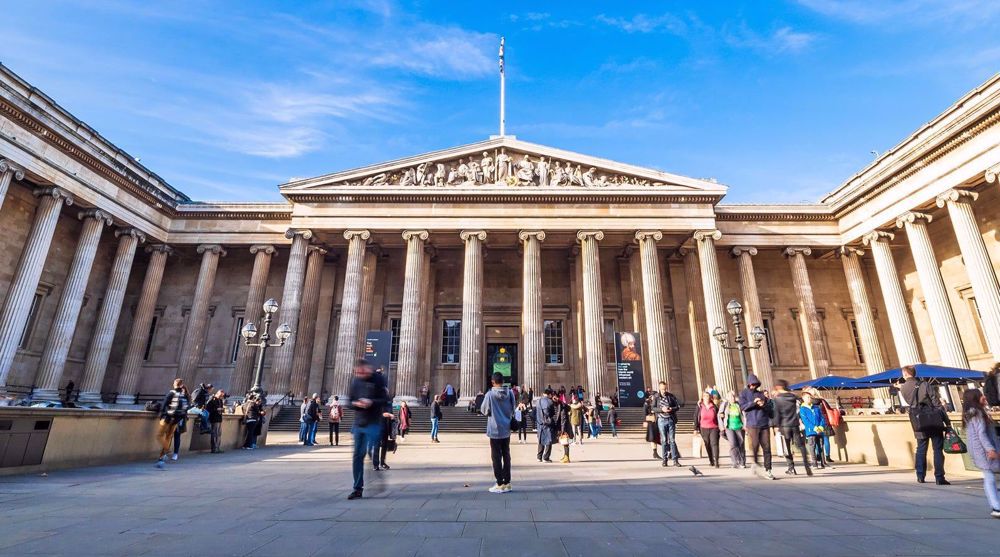




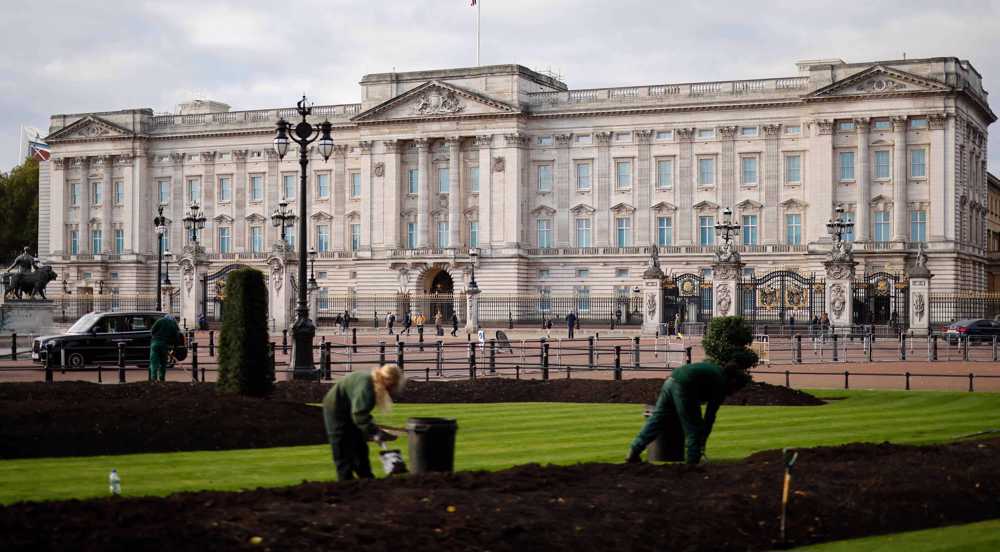
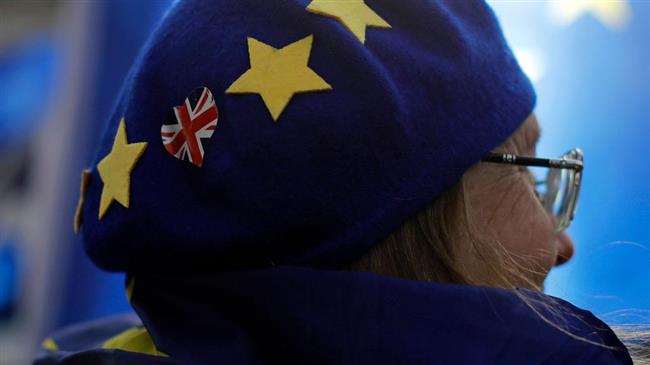
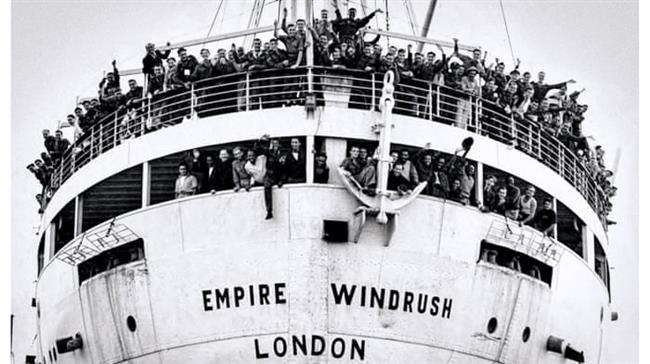
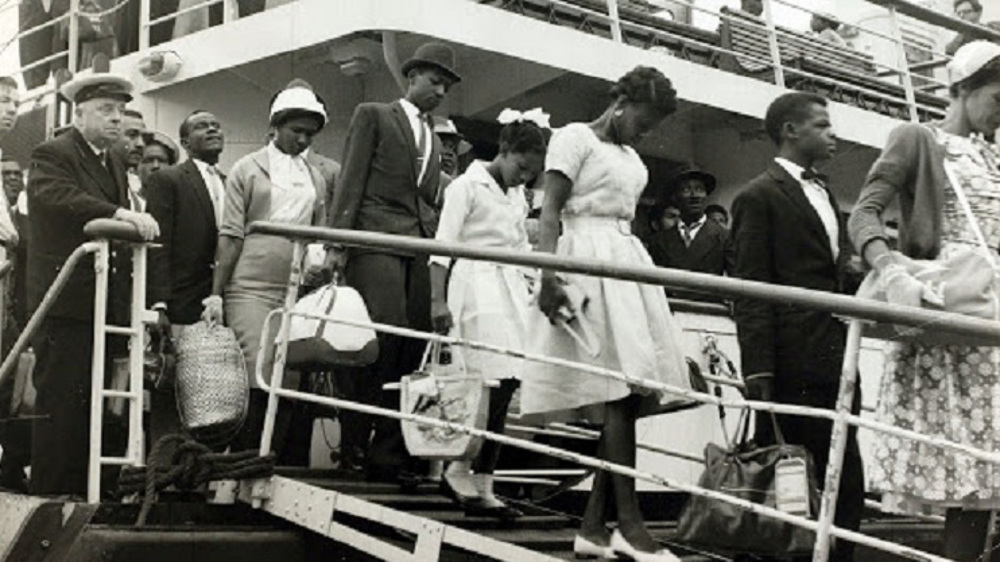

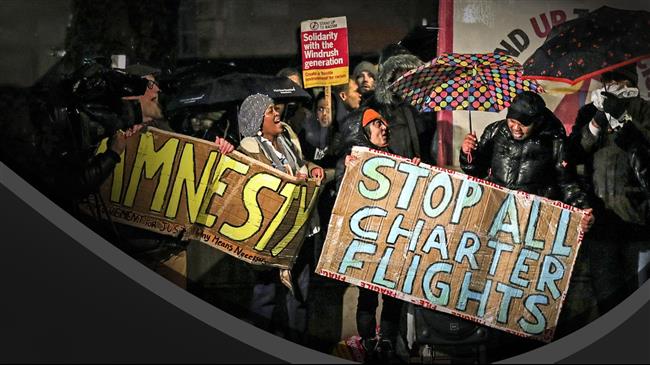

 This makes it easy to access the Press TV website
This makes it easy to access the Press TV website